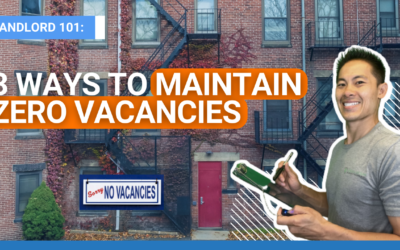With every new tenant, landlords charge certain fees related to the move-in. State laws may vary, but here’s what you need to know about tenant move-in fees.
What Are Tenant Move-In Fees?
When a tenant signs a new lease, landlords often charge a certain fee. These fees typically cover all expenses related to processing and accommodating new renters, including touch-ups and small adjustments like switching directories and reprogramming security systems.
While some tenants resent paying these fees and consider them an unfair expense, the fees are perfectly legal as long as they are reasonable and disclosed upfront.
Security Deposit vs. Tenant Move-In Fees
Tenant move-in fees should not be confused with the security deposit.
A security deposit is an amount that a tenant pays to a landlord at the start of a tenancy and that the landlord holds in trust.
It is also used to cover the expense of repairing any excessive damage the tenant, other residents, or their visitors made to the rental property during the tenancy.
The security deposit also only forms part of the move-in fees.
State Laws on Move-in Fees
As a landlord, you should be aware of what tenant move-in fees you can charge and how to collect them so there are no legal issues down the line.
In Massachusetts, there are three categories under which you can collect move-in fees:
- first month’s rent – the rent for the first month of their tenancy
- last month’s rent – the rent for the last month of their lease term
- security deposit – an amount held in trust that must be equivalent to no more than one month’s rent
You can also charge a key deposit fee which would include the purchase and installation costs for a new lock and key.
Charges for lease creation, pet fees, and application costs are all prohibited. You also cannot collect nor accept rent payments in advance, even if the tenants offer. Doing so would put you at risk of liability.
Knowing the state regulations will let you decide how much you can collect in advance and how you must manage those funds. Remember to always check your local state laws for any changes to the regulations.
The Landlord Tutor Promise
I have been in the business of buying and managing investment properties for over 20 years. To know more about tenant move-in fees and other things you ought to know about being a capable and profitable landlord, join the Landlord Tutor community and sign up here.





